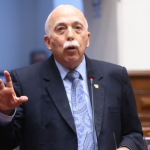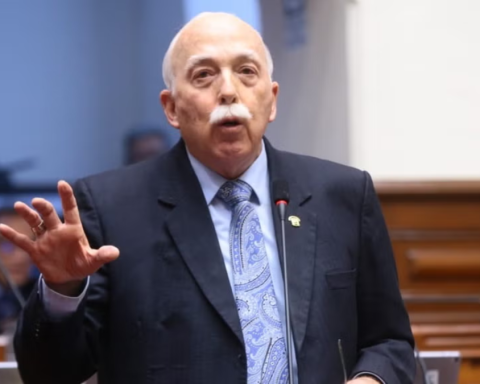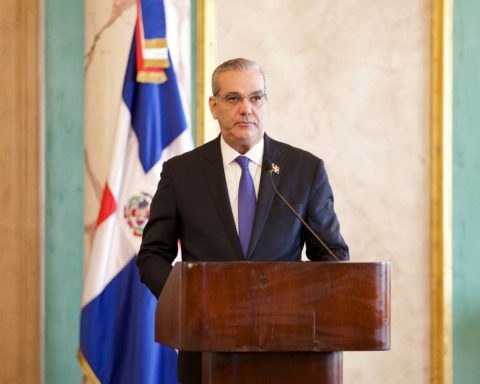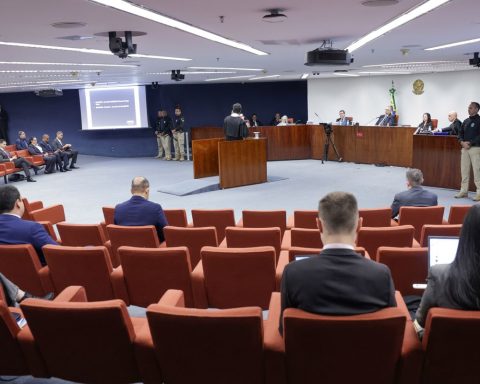Oil has an important weight in the national accounts. In terms of exports, this represented 25.4% of the total seen during 2021, the sector contributes 3.3% to GDP and this year the investments would be the highest since 2014 with US$4,000 million. It is a fundamental sector in economic terms.
(Dollar: what are the reasons for its ups and downs in recent days).
For this reason, the announcements of the new government that no new oil exploration and production contracts will be signed have generated alerts. According to the latest ANH report, in oil the country has proven reserves of 7.6 years, as of 2021. That is, more or less until 2028. Now, during the last government more than 170 agreements were signed new contracts that would allow expanding the horizon of reserves.
However, a study by Fedesarrollo, prepared by Astrid Martínez, shows that a low exploration scenario would also have significant impacts on various state accounts, such as the fiscal deficit, the trade balance and gross debt.
Precisely, with respect to the first point, the analyzes of the doctor in economics indicate that the path proposed in the Medium-Term Fiscal Framework would have a negative relationship of 1 full percentage point, going from a projected 3% to 4%.
(Minenergía defends importing gas: ‘It does not mean losing autonomy’).
Martinez pointed out that the trade balance deficit, for example, would increase significantly by 2030 to 3.7% against current conditions (status quo) that would make this balance be -3.2% for this same year. This is an issue that had already been presented by the Finance Minister himself, José Antonio Ocampo, who said in July that “we must continue exporting oil, because otherwise the balance of payments problem becomes unmanageable.”
However, if the country does not continue on the path of exploration, eventually, production will begin to be sufficient only to cover local demand and will continue to fall over time, explained Francisco José Lloreda, president of the Colombian Petroleum Association, ACP.
In the case of debt, the author of the article explained that it should start to fall, after the rise given by the pandemic. In a status quo scenario in terms of crude oil exploration and production, this would begin to decline, as proposed by the Medium-Term Fiscal Framework. However, Martínez explained that in the other proposed scenario (low exploration) it would begin to increase. “This would mean an increase in financial costs to obtain financing resources,” she said.
(Ecopetrol will invest $10 billion in gas: this is how the projects will be).
to 2030, the study projects that as a percentage of GDP it would become 66.2%, far from the goal of the Mfmp. The reason is that revenues to the government’s fiscal accounts would begin to fall, thus widening the debt-to-GDP ratio.
The effects would also be seen in other fields. For example, Martínez’s analysis indicates that the exchange rate would behave upwards. “Without substantial additions to reserves from new oil discoveries, the exchange rate would suffer a greater depreciation from 2023, and between 2026 and 2028, the devaluation would be greater,” the study says.
By 2030, the TRM would reach $4,935, a considerable difference, considering that maintaining the status quo, it would be $4,276.
According to voices from the sector, there are a series of messages that are putting exploration at risk. Although a series of contracts have been signed, the tax reform, as it has been proposed, would affect the financial viability of the projects, Lloreda explained. With this, the companies would comply with the minimum required responsibilities, which would lead to a low exploration scenario.
Martínez concludes that decisions that lead to low exploration will have little impact during this government, however, in the medium and long term they will begin to become more tangible.
Between 2026 and 2030, he noted that while refinery demand would be met, production would fall, affecting exports and therefore the Nation’s fiscal income. He explained that although royalties are not part of the central accounts, they would also be affected, given that by 2028 their reduction could range between 16.9% and 35%.
In the case of departments such as Arauca, Meta and Casanare, around a third of their income would be compromised, since it comes from these resources.
Between 2022 and 2030, the reduction in this area would be almost half, going from $7,063 million and would go downwards until reaching $3,702 million in 2030. This reduction affects “the resources of territorial entities, savings and investment in science and technology,” says the analysis.
Lloreda explains that the industry seeks to contribute to the Nation. However, they propose a series of solutions, which in the case of the tax reform, contribute to making oil projects viable.
In this way, other related impacts such as employment, regional development and competitiveness of the sectors of the economy that use oil derivatives and that in the case of imports would see their costs rise.
Daniela Morales Soler
BRIEFCASE


















